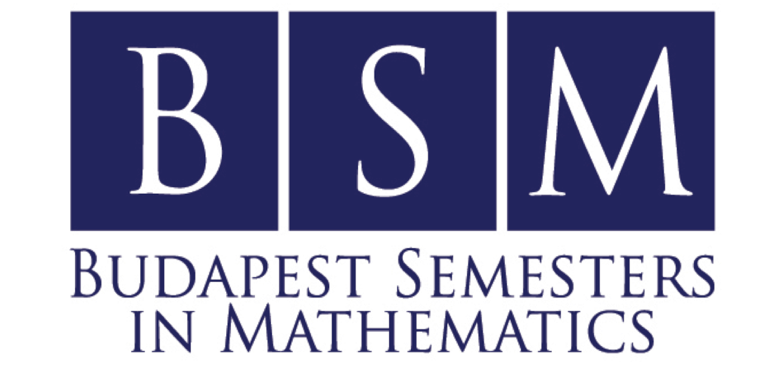Babai’s proposed BSM Program found immediate and enthusiastic support back in Budapest and at this point, discussion and planning turned to focused action. It was by no means easy.
Recruiting first-rate faculty to design courses for the future program was not hard, afterall, enthusiastic scholar-teachers were the foundation of the entire enterprise. Finding appropriate institutional support was the difficult part. Sós , Petruska, and many others worked long and difficult hours trying to identify an appropriate institutional host for the new program. The danger at Eötvös was excessive bureacracy and a rigid power structure; what BSM needed was great flexibility and independence. Several times all seemed lost when a key person or idea came forward which enabled planning to continue. The Director of the Institute of Postgraduate Studies at the Technical University-Budapest, Atilla Horvath, showed courage, wisdom and foresight, by supporting the program from its inception. Horvath, would eventually provide the program with an ideal institutional host, providing classroom and office space, administrative support, and the great flexibility that has been critical to the program. He is but one of many who took leadership; on several occasions, Paul Erdős gave generously of his time to support this program as yet unborn.
Questions of student housing, transportation, orientation and the like did not wait for the academic planning. Rather, all these things were considered simultaneously. Horvath and his Technical University staff had experience with foreign students since the Technical University was the Hungarian site for training engineering students from Vietnam, Cuba, and several Middle Eastern countries. North American students would be different, but at the Technical University, one could build on a solid foundation of experience with international programs. The task of coordinating the logistics were discussed with Dr. Zsuzsa Barta, a chemist who was fluent in English and was an extraordinarily competent administrator. Barta hired a secretary and an Hungarian student of American Studies, Krisztina Szekely to serve as a liaison with the new group of students. This team, working closely with the aforementioned mathematicians planned for housing in private apartments and with families, hired professors to teach the few non-mathematics courses of the program, arranged for classrooms, and the like. Perhaps their most formidable task was to help streamline the red tape faced by North American students wanting to study in Hungary. A professional language school, The Babilon School of Languages, was asked if they could provide an intensive Hungarian language class to BSM students prior to the beginning of each academic term. The Babilon School, which specializes in teaching English and German to Hungarians, was excited about this new venture and designed an entire two-week curriculum just for the Program.
I had little involvement with the program at this stage, but as Petruska and Mik Laczkovich and I were all visiting the University of California-Santa Barbara during the winter and spring of 1984, I was well informed. Babai left Oregon for Simon Fraser University (Vancouver) in January of that year and it was from Simon Fraser that the campaign to deliver the new program continued. Sós did come to the U.S. in the spring of 1984 to give a series of lectures and took the opportunity to visit both Simon Fraser and Santa Barbara for several days. I vividly recall one entire evening spent discussing the events in Hungary and the exciting planning for the first Budapest Semester. The most critical work, though, was now being done at Simon Fraser. Only a handful of people even knew of the planning for a Budapest Semester and certainly no undergraduate students. It’s hardly a party if no one shows up!
